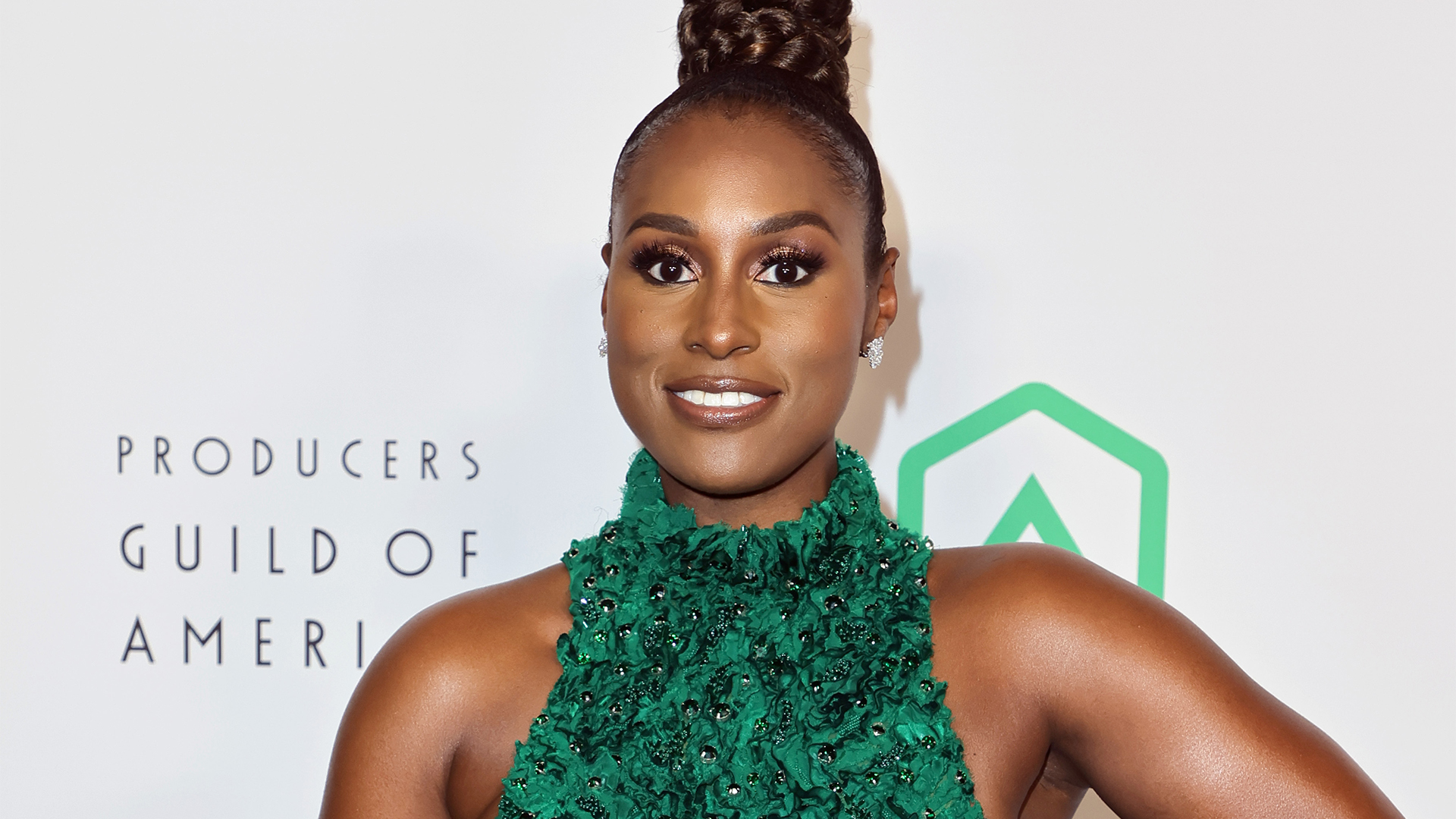Allow Women To Share When They’re Ready
Issa Rae recently sent out a tweet that sparked an online conversation about how women are often subject to unwanted comments about pregnancy if they so much as appear heavier. Many people know that women experience a lot of hormones that cause their weight to fluctuate and the numbers on the scale to swing. Many women undoubtedly feel insecure about their body changes and the extra weight. Because our society often ties a woman’s beauty directly to how she looks, prematurely asking a woman if she is pregnant, no matter how good your intentions are, does not often end well.
Rae’s tweet draws attention to another issue that women constantly experience: the pressure of having to adapt unhealthy measures to achieve their notion of what ideal weight is. Everyone deserves the right to privacy, and part of that is respecting the invisible social boundaries that often seem nuanced. It can be tempting to ask a woman with a protruding belly how far along she is or whether she is having a boy or girl, but also imagine how awkward it would be if there isn’t a baby or she is struggling with a health issue that caused her weight to increase?
Black women’s bodies are none of your business.
Yet another tangent is that if a woman is pregnant, there is dignity in allowing her to share the news of her pregnancy on her terms and when she feels like it makes sense. Pregnancy is beautiful yet physically and emotionally grueling. Many pregnant women often wait until they are past the first trimester to tell the public that they are expecting. This is because pregnancy’s second and third trimesters have a lower likelihood of risk and complications. A woman who is bad at lying can feel pressured to disclose the news of her baby if suddenly she is asked, “OMG! Are you pregnant??”
Beyond miscarriages, many women suffer extreme discomfort throughout their pregnancies like preeclampsia, high blood pressure, and gestational diabetes, to name a few. Black expectant moms are at a higher risk of being diagnosed with gestational diabetes, and so it can be incredibly uncomfortable if a Black woman is put on the spot about her pregnancy if she is not ready to share. It can also feel particularly invasive.
According to the CDC, members of the Black community have the highest rates of obesity compared to other racial groups, and Black expectant moms tend to be at a higher risk for gestational diabetes and maternal mortality in the United States, so pregnancy can be hard for many Black women, and the extra unwanted probing questions can be emotionally draining. Additionally, Black women are more likely to have high blood pressure than white women because they are more vulnerable to having a family member with a prior history of gestational diabetes. All of these are factors to consider the next time you are tempted to ask someone whether they are expecting before they can share the news with you.
As a Black woman, my last two pregnancies were extremely difficult, and both almost led to my death. With my second child coming three months early due to some of the aforementioned conditions. Like most women, there were occasions when friends would just ask me point-blankly if I was expecting. Without wanting to lie, I eventually shared that I was expecting, but it was not voluntary, and after my second child was born three months early and stayed in the NICU for two months after that, I wished that somehow, my friends had chosen not to ask. I simply was not ready for everyone to be in my business or talk about the entire difficulty of the pregnancy and the prematurity of my child. For many Black women, it is especially difficult because people tend to overly sexualize or weaponize our bodies, no matter what context is around them. It would be great for us to have the privacy and, simultaneously, the liberation of existing in our bodies freely and sharing aspects of our bodies with the world only when we feel comfortable. It is never a good idea to monitor a woman’s uterus, which can feel intrusive.
As a collective society, we also need to be careful about speculating another person’s health because you never know what someone is going through. I remember how social media speculated about Chadwick Boseman’s health, saying unbelievably cruel things until it was later discovered that he had been battling cancer silently the whole time. Most recently, society threw speculations about Traci Braxton’s health until the truth later came out. It is worth it to build a better world of respect and empathy, especially for women. We can only do this if we refrain and show restraint, especially regarding Black women’s bodies.
